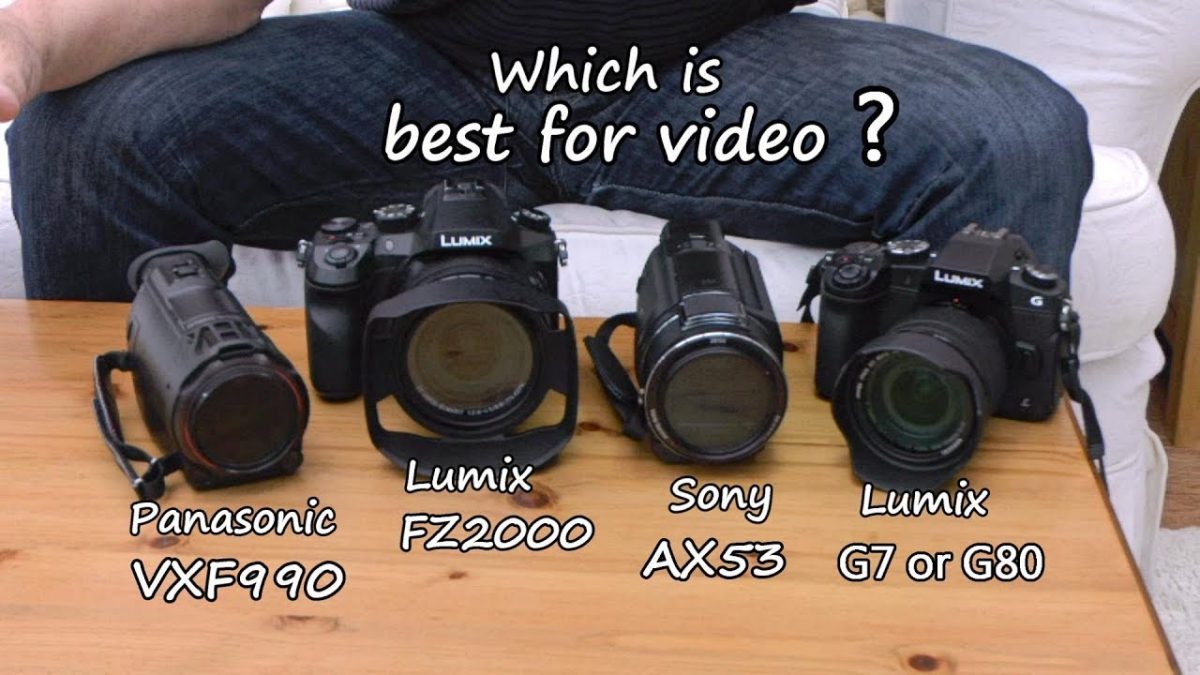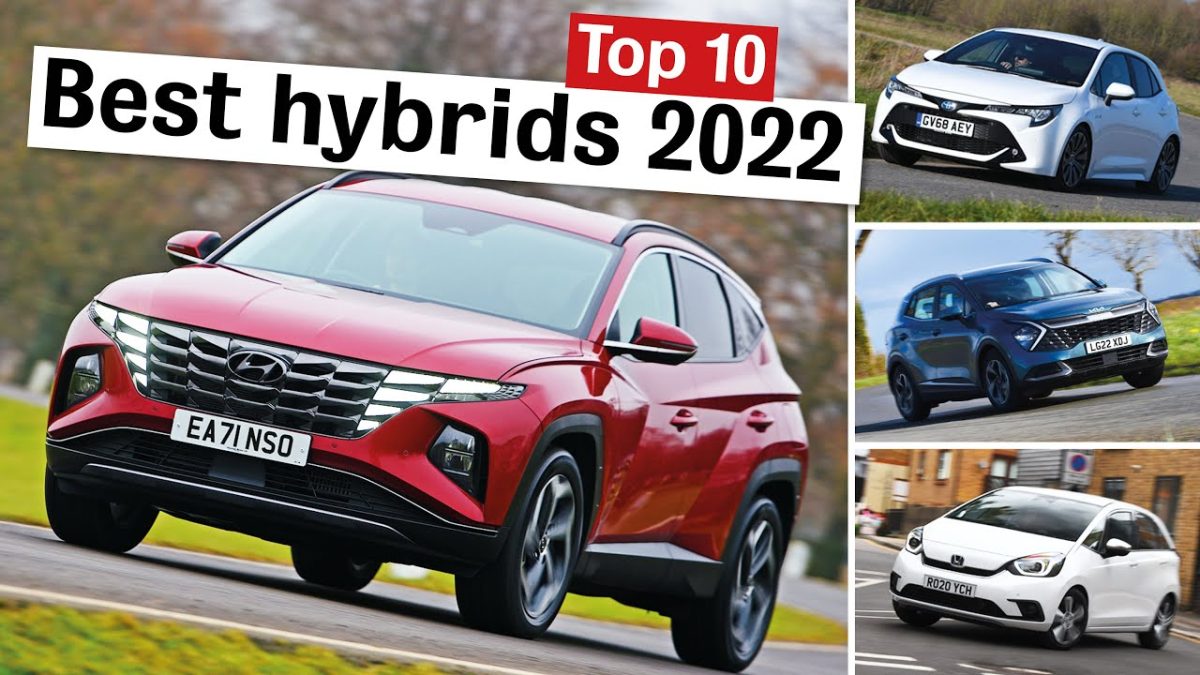Four Main Types of Electric Vehicles: Explained
Electric vehicles have come a long way from just being powered by batteries. Today, there are four main types of electric cars available in the market: battery electric vehicles, hybrid electric vehicles, plug-in hybrid electric vehicles, and fuel cell electric vehicles. Each type operates differently and offers unique advantages and disadvantages. In this article, we'll take a deep dive into each type to understand how they work and what sets them apart.
Battery Electric Vehicles
Also known as all-electric vehicles, battery electric vehicles run solely on battery power, eliminating the need for gasoline. These vehicles are powered by a large battery pack that can be charged by plugging it into an electricity grid. They can also be charged at home using level 1 or level 2 electric vehicle chargers, or high-powered level 3 chargers designed for commercial charging stations. The main components of battery electric vehicles include the electric motor, inverter, battery, and control module.
The advantages of battery electric vehicles include zero emissions, energy efficiency, and low maintenance. However, they also have limitations, such as recharging points, short driving range, and high price.
Hybrid Electric Vehicles
Hybrid electric vehicles combine both an internal combustion engine and a battery-powered electric motor. This power distribution allows the vehicle to achieve optimum power under most driving conditions. Hybrid electric vehicles can't be plugged in to charge the battery, as it is charged through regenerative braking and the internal combustion engine.
There are different types of hybrid electric vehicles, including series hybrid, parallel hybrid, and series parallel. Each type operates with a combination of the engine and electric motor.
Plug-In Hybrid Electric Vehicles
Plug-in hybrid electric vehicles expand on the concept of standard hybrid vehicles by having an internal combustion engine and a battery-powered electric motor, allowing the battery to store enough power to feed the electric motor. These vehicles can travel up to 40 miles on electric power alone and can be charged by plugging into an outside electric power source.
Fuel Cell Electric Vehicles
Fuel cell electric vehicles, also known as zero-emission vehicles, utilize fuel cell technology to generate the electricity required to run the car. These vehicles convert the chemical energy of the fuel directly into electric energy and require compressed hydrogen as the fuel source.
Each of these electric vehicle types offers unique features and functions, making them suitable for different needs and preferences. Whether it's the simple construction and convenience of battery electric vehicles, the regenerative braking system of hybrid electric vehicles, the long electric range of plug-in hybrids, or the zero emissions and fast charging times of fuel cell electric vehicles, there are plenty of options for environmentally friendly transportation.
As the market for electric vehicles continues to grow, it's important to understand the differences between each type to make an informed decision about which one best suits your lifestyle and driving needs. Whether you prioritize environmental impact, cost efficiency, or performance, there's likely an electric vehicle type that aligns with your preferences.
Disclaimer:
The information contained in the video or post represents the views and opinions of the original creators, and does not necessarily represent the views or opinions of YeniExpo. The Video Content or Post has been made available for informational and educational purposes only.
YeniExpo does not make any representation or warranties with respect to the accuracy, applicability, fitness, or completeness of the Video or Post Content. If you find any of your copyrighted material in this post or video, please contact us, so we can resolve the issue.
© All rights reserved by respective owners.

























Hybrid vehicles are supposed to bridge the gap between technologie. But instead it seems technologies are branching out into so many different directions, bridging has become nearly impossible with each motor company trying to gain the advantage over each other simply by being different. The BEV is a battery intensive technology, while the HEV technology tends utilize fossil fuel energy and electric storage in unison. However, much of the HEV marketing has been off-shore from the U.S., which only market HEV in huge pickup and less affordable models that don'treally help the emissions advantage of the HEV technology and only marginally in MPG economy. Getting HEV technology popularity to grow while using fossil fuelsfor the larger Commercial transportation & Military applications is the smartest use of transportation for the immediate situation wefind ourselves in. IT's too bad billions of dollars cannot be funneled off the economy by the petroleum and automotive industry, or right compbination would have been arrived at decades ago.
I’ve learned the PHEVs are much more expensive that HEVs. The cost of a hybrid ranges from about $2,000 to $7,000 more than a similar ICE. PHEVs are several thousand more still.
PHEV is where the focus should be.
Being an American, (That's not suppose to Drive a Car, But Can!) I'd opt for PHEV ! ! !
Thank you so much❤
very informative.
The answer is yes. Manufactures should scale back on full EVs and increase the capacity and regen on batteries in Hybrids
A little misinformation or deceptive comment. That an all electric vehicle can run further than a hybrid. Deceiving people to think it can go more miles on a full charge than a hybrid can with a full tank of gas. Which is untrue. Maybe they can reword it to say the battery is bigger and, therefore, the battery can run more miles than a hybrid battery at full charge
I rather prefer BEV than HEV and PHEV because of costly maintenance.
Hybrid is a much better option if you plan on traveling on highways
Any sho for buying battery
Optima Kia 2014
how can an industry distroys the billion doller parts market just to sertisfy a custumer
In series parallel hybrid type car. How both motor & engine give power to the car. What is the mechanical linkages btw that?
I buy Suzuki vitara full hybrid. But I’m afraid how many years my hybrid battery last! 10-15 ? This is the question!
Horrid computer voice, really spoils this video.
Should they really be called zero emissions? I'd argue no unless you're charging it by solar or wind power